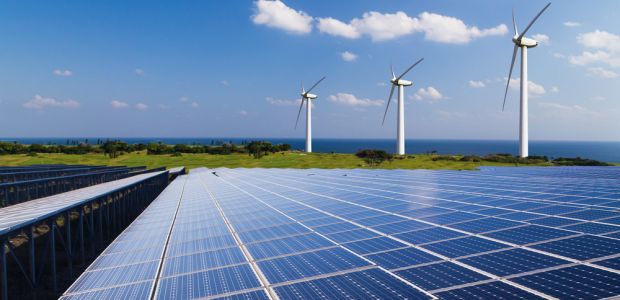A reduction last year of an ETMEAR surcharge used to fund the RES special account paying renewable energy producers for their output has sunk this account into deficit territory, SPEF, the Hellenic Association of Photovoltaic Energy Producers, has protested, basing its observations on the findings of a second study focused on whether the surcharge cut was not necessary to help power utility PPC’s financial recovery.
The energy ministry reduced the ETMEAR surcharge on August 31, 2019 – effective retroactively from January 1, 2019 – to help offset an electricity tariff increase made by state-controlled PPC in the summer of 2019.
The ministry’s move has deprived the RES special account of approximately 200 million euros, annually, or a sum that is anticipated to reach 400 million euros by the end of this year, the SPEF study observed.
The RES special account remunerates thousands of renewable energy producers, some of which happen to be PPC competitors, it noted.
PPC’s electricity purchases from third parties cost the utility 260.2 million euros less in the first half of 2020, compared to the equivalent period a year earlier, as a result of greater RES penetration that has lowered the cost of wholesale electricity, SPEF noted in one of many observations.
The power utility posted an EBITDA figure of 457.3 million euros in the first half of 2020, up from 9.3 million euros in the equivalent period a year earlier, a spectacular rebound making the ETMEAR-related support unnecessary, the study observed.
The country and its energy market, including the RES sector, began to stabilize in 2018 following deep recession over a seven-year period from 2010 to 2017, but the State and current government have damaged their investment-friendly profile, unwavering commitment to green energy and this sector’s growth within the framework of the National Energy and Climate Plan’s objectives as well as in connection with EU directives and constitutional laws, SPEF pointed out.





